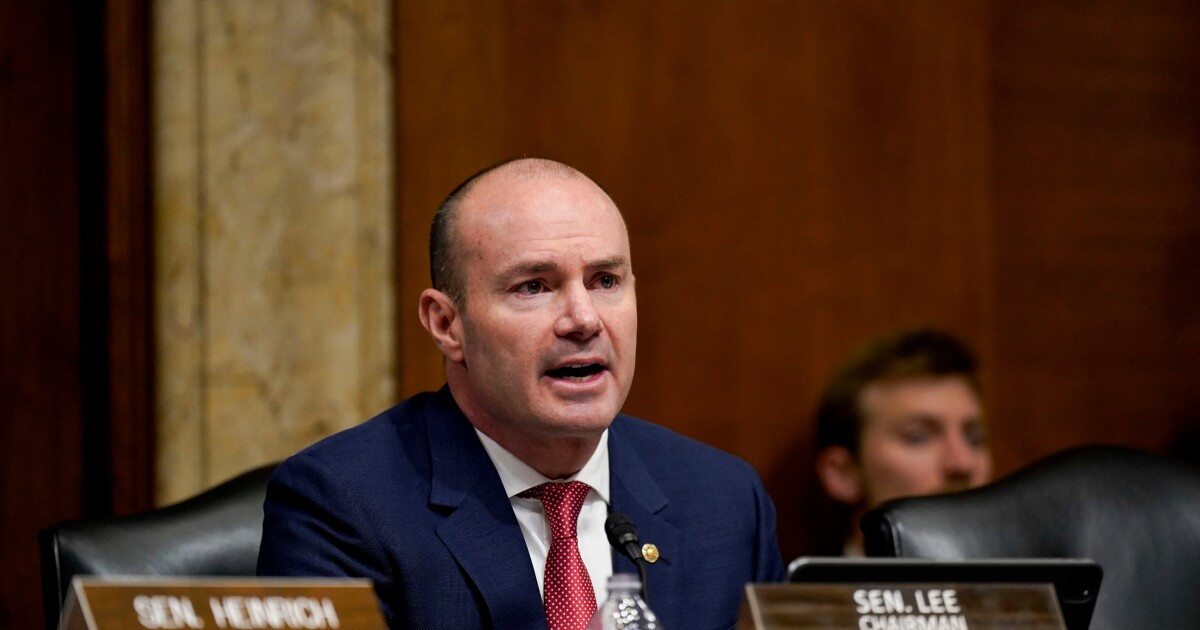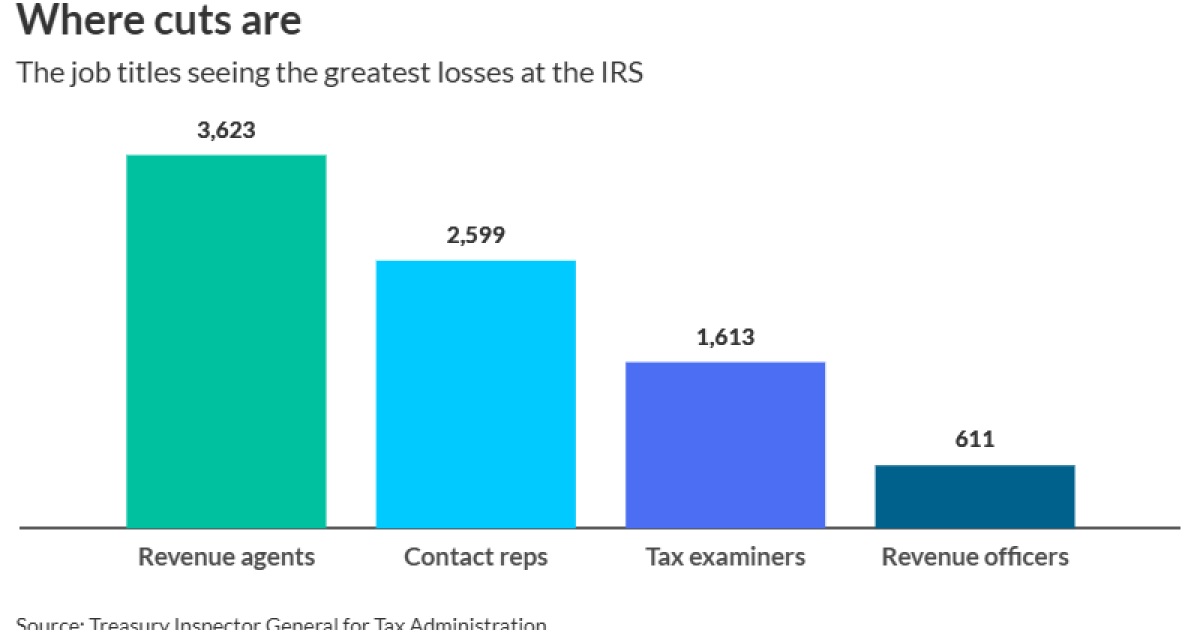A Republican attempt to block states from enforcing new artificial intelligence rules over the next decade has drawn growing bipartisan objections, exposing tension in Washington over allowing for more unchecked AI development.
The proposal, buried on pages 278 and 279 in the sweeping tax bill passed by the House last month, has drawn sharp criticism from Republican Representative Marjorie Taylor Greene and Senator Marsha Blackburn, as well as Democratic Senators Ed Markey and Elizabeth Warren. More than 200 state lawmakers from both parties also urged Congress this week to scrap the measure.
“We have no idea what AI will be capable of in the next 10 years,” Greene wrote on X on Tuesday, noting she only discovered the provision after voting for the tax bill. She has pledged to oppose the package when it returns to the House if the AI language is not removed. “Giving it free rein and tying states’ hands is potentially dangerous.”
Markey and Warren have also been forceful in pushing back against the measure, arguing that it violates Senate rules that bill language included in the budget reconciliation process must relate to spending. “This backdoor AI moratorium is not serious. It’s not responsible. And it’s not acceptable,” Markey said. Meanwhile, Senate Commerce Chair Ted Cruz (R-Texas) has said he’s “not certain if that provision will survive,” though he has expressed support for it.
Since returning to the White House, President Donald Trump has taken steps to remove constraints on AI development, including by rescinding the Biden administration’s executive order on artificial intelligence and ushering a wave of AI deals in the Middle East. Late Wednesday, House Speaker Mike Johnson said he and Trump want the AI provision to remain in the tax bill, arguing it has “national security implications” to ensure the US can compete with geopolitical rival China in AI.
But bipartisan resistance to the proposed moratorium on AI rules highlights a fierce divide in Washington over how much to let the industry regulate itself.
Congress has yet to pass a federal framework on AI, which has effectively left the states to take the lead on figuring out how to set rules around the technology. California, New York, Utah and dozens of others have introduced or enacted AI laws in recent years, including bills to address concerns about data privacy, copyright and bias raised by the technology.
If Congress backs away from the proposal, it would mark a setback for top AI developers. In March, OpenAI asked the White House to help shield AI companies from a possible onslaught of state AI rules. “This patchwork of regulations risks bogging down innovation and, in the case of AI, undermining America’s leadership position,” the company wrote in a set of policy recommendations submitted to the White House. However, OpenAI stopped short of asking to be exempted from all state regulations, just those concerning the safety risks of building more advanced models.
So far, the leading AI companies have largely stayed quiet as the fight over the measure plays out. Meta Platforms Inc. declined to comment. Alphabet Inc.’s Google didn’t respond to a request for comment. OpenAI declined to comment beyond its previous policy suggestions.
TechNet, a trade group representing Google, OpenAI and other tech companies, echoed the ChatGPT maker’s concerns about the “developing patchwork” of state AI bills. “In 2025, over 1000 AI bills have been introduced in state legislatures — many containing incompatible rules and requirements,” Linda Moore, chief executive officer of TechNet, said in a statement to Bloomberg News. “A consistent national approach is critical,” she added, to address AI risks and “ensure America remains the global leader in innovation for generations to come.”
Anthropic, a safety-focused AI startup that has called for more regulation generally, has also said it prefers federal policymakers to take the lead, but the company thinks that states should serve as a “backstop” given the slow pace of Congress enacting policies.
“Ten years is a long time,” Anthropic CEO Dario Amodei said at the company’s developer conference on May 22, speaking about the moratorium. “It’s one thing to say, ‘We don’t have to grab the steering wheel now.’ It’s another thing to say, ‘We’re going to rip out the steering wheel and we can’t put it back in for 10 years.'”
Some Republican senators have raised doubts that the AI provision can pass through the reconciliation process, but this camp has also expressed support for an interim ban on state rules to avoid an overly fragmented and complex regulatory landscape.
“I wouldn’t put my money on anything right now until it actually passes,” John Curtis, a Republican senator from Utah, previously said of the AI proposal. But, he added, “We’re making a huge mistake if we have 50 different policies” on AI.
State legislators, however, worry that the provision would rob them of the ability to protect their constituents from the rapidly evolving technology.
“Over the next decade, AI will raise some of the most important public policy questions of our time,” state lawmakers from 49 states wrote in a letter to Congress this week. “It is critical that state policymakers maintain the ability to respond.”


 Economics1 week ago
Economics1 week ago
 Blog Post5 days ago
Blog Post5 days ago
 Accounting1 week ago
Accounting1 week ago
 Economics1 week ago
Economics1 week ago
 Personal Finance1 week ago
Personal Finance1 week ago
 Economics6 days ago
Economics6 days ago
 Personal Finance1 week ago
Personal Finance1 week ago
 Finance1 week ago
Finance1 week ago











